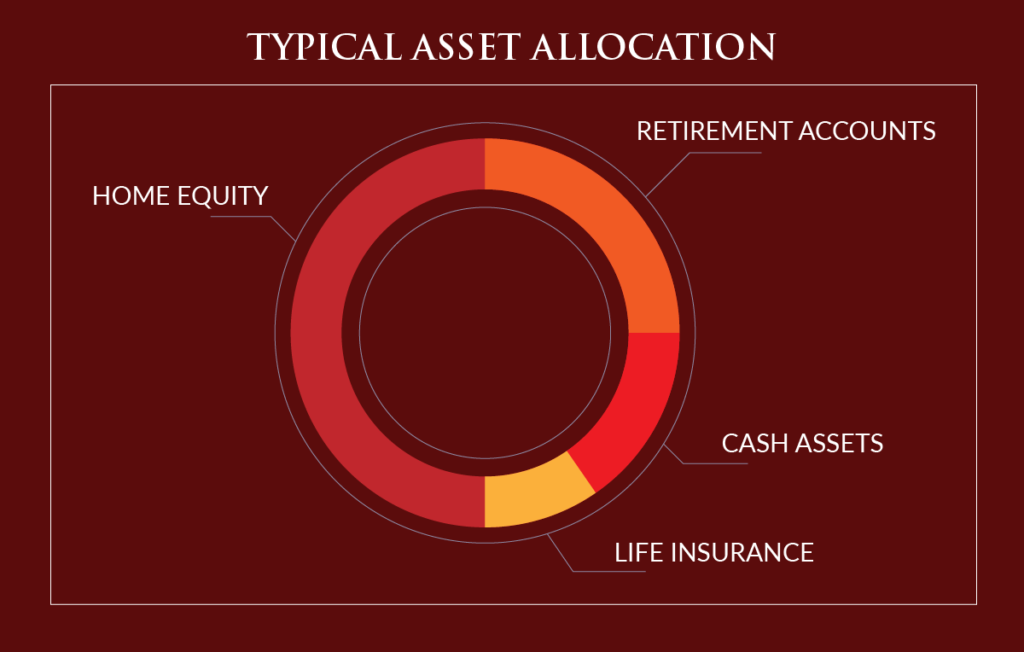When your family member is in a nursing home, it’s important to protect their assets, especially these two:
- House
The house is often the focus of asset protection. It’s typically the most substantial asset of an estate. You might be wondering, “Will my family member lose the house?” Usually you don’t have to sell the house in order to be eligible for Medicaid. However, after the Medicaid recipient passes away, the state will file a claim to help recoup their nursing home expenses. This is known as estate recovery. There are ways to protect the house from estate recovery. For example, if a spouse or dependent relative lives in the house, then the state won’t be able to file a claim against the property, regardless of its equity limit. - Life insurance
Life insurance can be a sneaky asset. Most people don’t think about it. However, you could be disqualified from Medicaid, simply by having a life insurance policy that’s of a certain type or cash value. And it can take 3-4 months for Medicaid to give you an answer regarding eligibility. During that waiting time period, your $10,000 nursing home bill could inflate to $40,000.

Although asset allocation varies widely based on the family, this is a typical allocation for Maryland residents.
Get Help Protecting Assets in Maryland
Even if you’ve already accrued a $40,000 nursing home bill that you can’t afford, it’s not too late to get help. As an elder law attorney firm in Maryland, we’re here for you and your family.
We’ll help you understand the best ways to protect the house from estate recovery. And we’ll discuss how to prevent a life insurance policy from hindering Medicaid eligibility.
We’re just a phone call away. (410) 296-8166 x292




